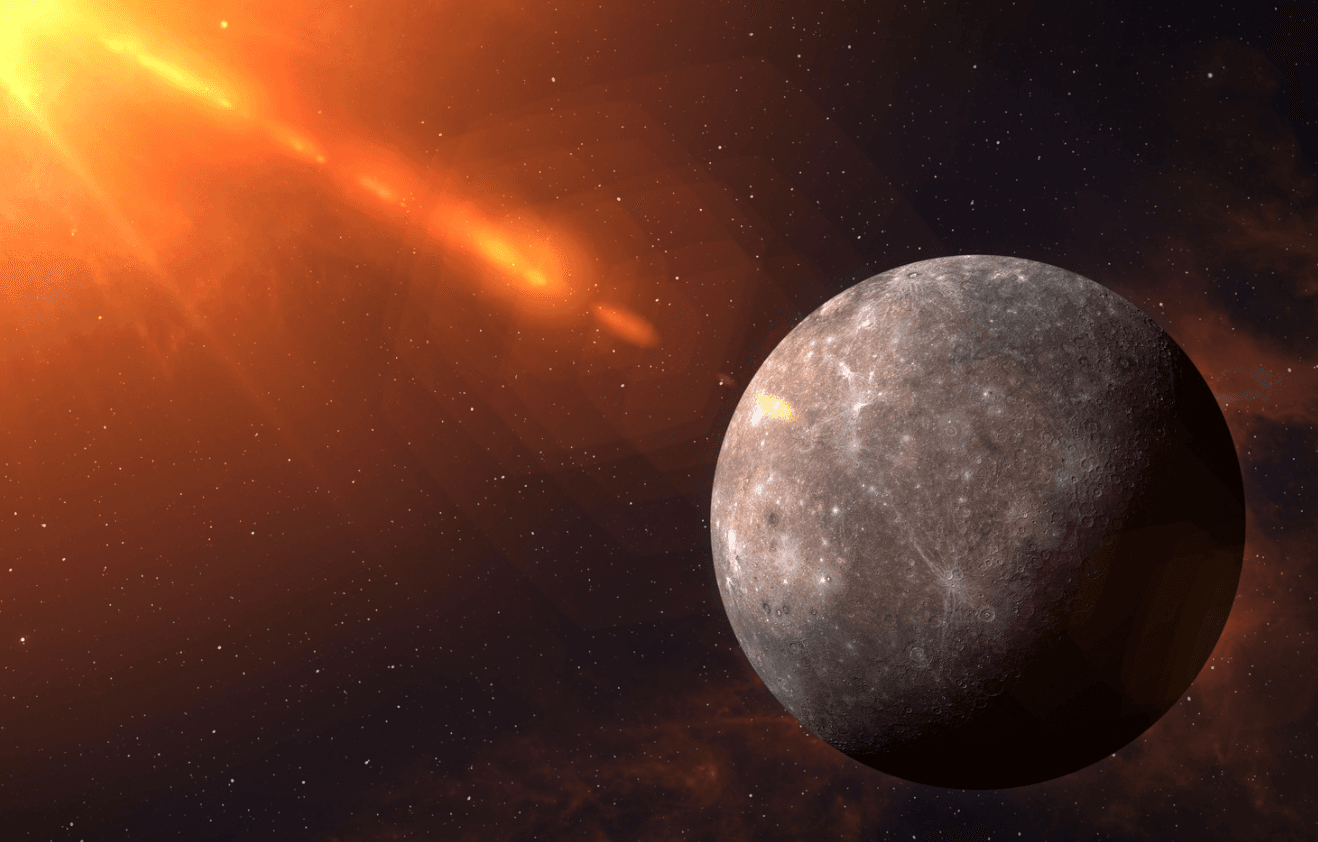Mercury: Smallest planet in Solar System may have been Earth-sized A Study of Cyprus Rocks May Provide Insights into the Mystery of Mercury

The story of Mercury, the smallest planet in our Solar System, is one full of mysteries and surprises. From its "absurd" core to its strange chemical composition, and even its origins, there is much that scientists are still trying to understand about this enigmatic planet. One researcher, Nicola Mari, embarked on a journey to unlock some of these secrets by studying rocks in the remote highlands of Cyprus.
Mari's adventure in Cyprus was not without challenges. As the sun set, his mobile phone battery died, leaving him stranded in the middle of nowhere with no idea how to find his way back. Despite the risks, Mari pressed on, determined to reach his destination. Eventually, he stumbled upon a business where he could refuel his stomach, engine, and phone. Reflecting on his experience, Mari admitted to making some "bad calculations," but ultimately, his mission was a success.
A planetary geologist at the University of Pavia in Italy, Mari has dedicated his research to understanding how our solar system neighbors, such as Mars and Mercury, were formed and evolved. His latest focus has been on Mercury, the planet closest to the Sun. Despite its small size, Mercury's intensity and extreme conditions make it a fascinating subject of study. With surface temperatures ranging from 400C to -170C, its lack of atmosphere and proximity to the Sun present unique challenges for scientists.
One of the most intriguing aspects of Mercury is its core, which defies conventional wisdom. Unlike other rocky planets like Venus, Earth, and Mars, Mercury has a disproportionately large core compared to its mantle and crust. This unusual core, combined with the planet's strong magnetic field and high density, has led scientists to speculate about Mercury's origins and how it may have evolved over time.
To unravel the mysteries of Mercury, scientists have relied on data from spacecraft like Mariner 10 and Messenger, which have provided valuable insights into the planet's surface features and geological properties. By studying Mercury's chemical composition from afar using spectrometry, researchers have discovered unique characteristics that set it apart from other planets in our solar system. For example, Mercury has a surprisingly high thorium content, a rare element that should have been vaporized in the early solar system. This anomaly has led some scientists to propose that Mercury may have formed farther from the Sun, perhaps near Mars, and with a mass similar to Earth's.
One of the key areas of focus in studying Mercury is its rocks, which can provide clues about the planet's history and evolution. Mari's research in Cyprus has shown striking similarities between rocks found on the island and those on Mercury. Known as boninites, these rocks share the same chemical composition as those on Mercury, including magnesium, aluminum, and iron. The oxidized nature of the rocks suggests that they formed in an oxygen-rich environment, similar to Earth's atmosphere.
By comparing these rocks to Mercury's geology, scientists hope to gain a better understanding of the planet's interior structure and how it may have changed over billions of years. These findings could also shed light on Mercury's origins and its place in the broader context of our solar system's history.
Looking ahead, the European Space Agency's BepiColombo mission, launched in October 2018, is set to provide further insights into Mercury's secrets. By conducting flybys and orbiters around the planet, BepiColombo will gather data on Mercury's magnetic field, surface features, and interior structure. Mari's research on geochemical analogues may serve as a valuable reference point for interpreting these findings and advancing our scientific understanding of Mercury.
As we await the results of BepiColombo's mission, one thing is certain: Mercury will continue to surprise us with its secrets and mysteries. From its bizarre core to its alien-like rocks, this smallest planet in our Solar System holds many clues about the history and formation of our cosmic neighborhood. Mari's pioneering research in Cyprus is just the beginning of a journey to unlock the mysteries of Mercury and understand our place in the universe.